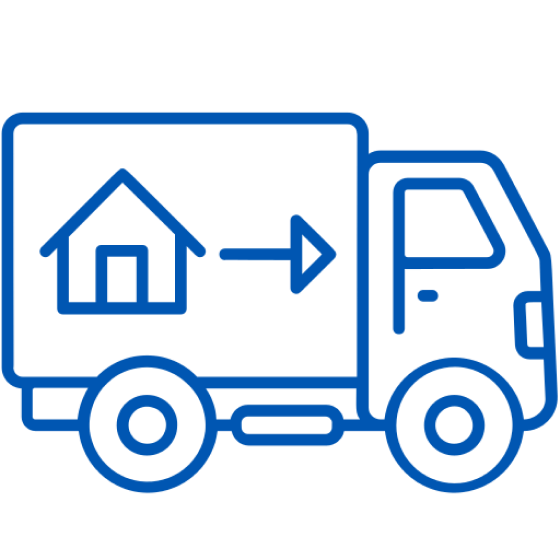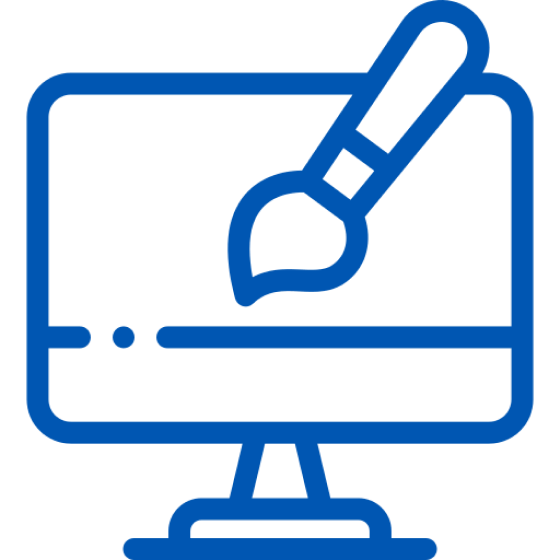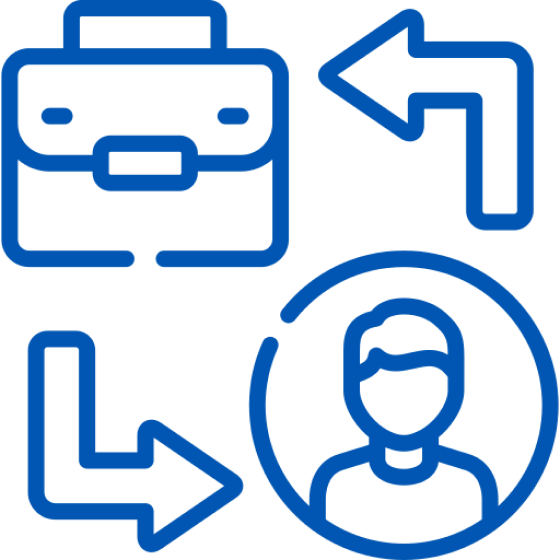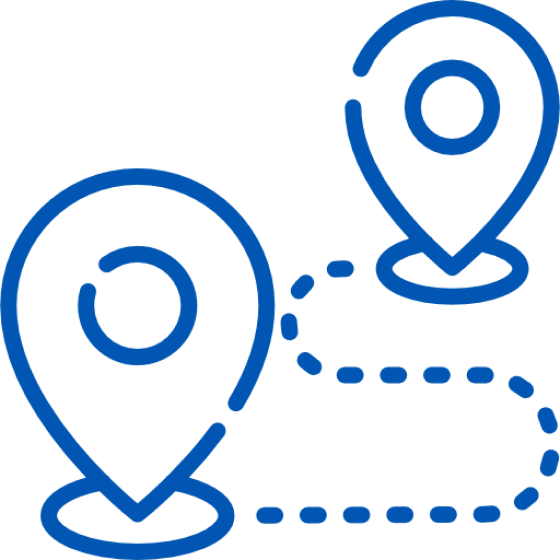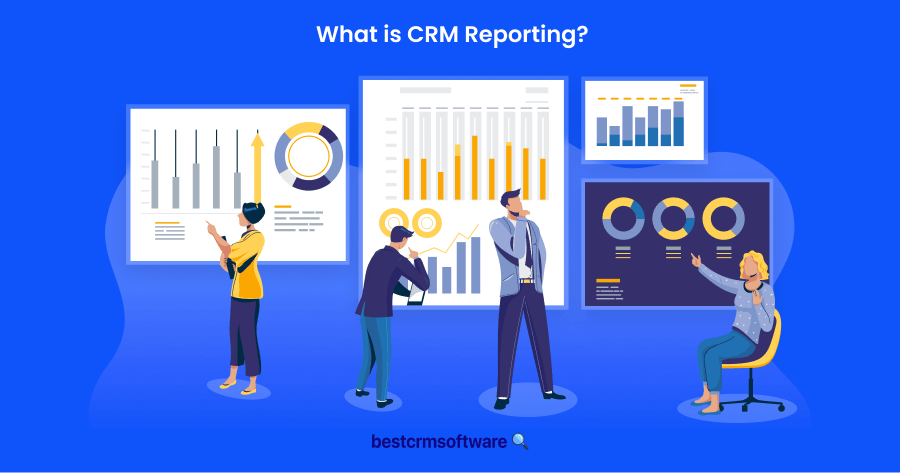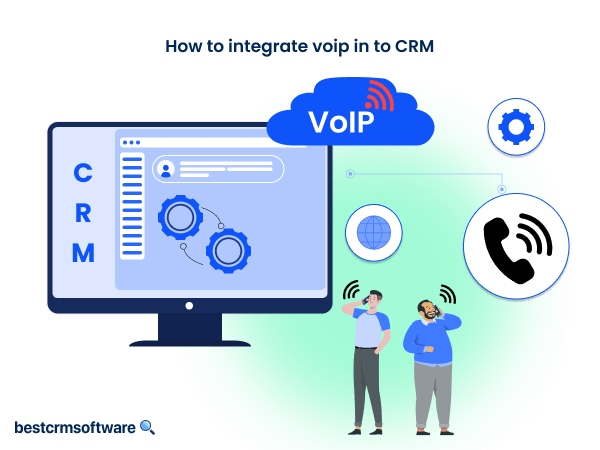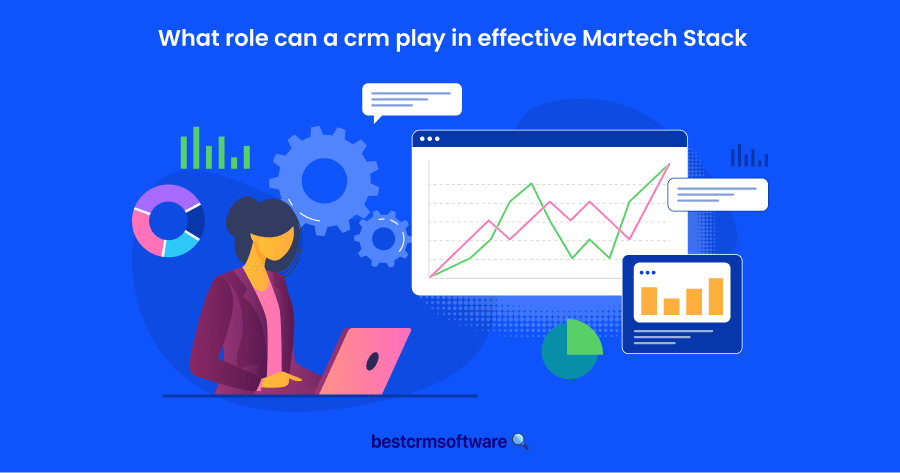
Best CRM Software for Service Businesses
In a Nutshell
It’s no secret that tracking customer information is a big deal for any business. Customers are at the core of any business, and having an effective CRM tool helps you make the most of every interaction. Your role in selecting the best CRM system that suits your needs is crucial. Find the ones I have tested and feel valued in your decision-making process.
Given the numerous options, choosing the best CRM for the service industry can be challenging. Some offer features essential for small businesses, and others are robust enough to meet the demand for larger companies. For this reason, I have assessed tools from leading vendors to help in your decision-making process.
10 Best CRM Software for the Service Industry
- Smartshteet: Best low-code CRM automation
- Celoxis: Best for customer-facing teams
- Wrike: Best for scaling businesses
- ClickUp: Best CRM for remote work teams
- Hub Planner: Best with resource management
- Zoho: Best for scaling your business
- Vtiger: All-in-one solution
- Kommo: Best for multi-channel sales
- NetHunt: Useful for managing your email
- Salesmate: Best for phone and SMS outreach
Why Service Businesses Need CRM Software
Customer relationship management software is designed to gather all aspects of customer information in one place. It helps businesses organize interactions and relationships with customers and prospects alike.
It centralizes all data for your current and future customers, allowing your team to remain on top of their tasks. Agents can access customer purchase accounts, calls, emails, chats, support tickers, etc. As a result, no detail of a customer’s relationship with your enterprise will slip through the cracks.
Customer relationship management software is beneficial to small service businesses. It facilitates cooperation, improves efficiency, and increases customer satisfaction throughout their life cycle. New and established companies will benefit from using the best CRM for the service industry.
No matter what kind of business you have, several CRMs allow you to customize your system to meet your business needs. Moreover, you can start testing various CRMs for free from several providers to find what you’re looking for.
Key Features of Service Business CRM
There are many CRM platforms available for small businesses. However, there are some key features to look out for when choosing the one that suits your enterprise. Below are some key features to consider.
- Contact management: The best CRM should feature an effective contact management system. It should have an address book that organizes your customer’s contact information.
- Customization: Good Customer Relationship Management software should offer various customization features, allowing users to access updates in various ways.
- Workflow Automation: An ideal CRM allows you to optimize workflows by automating processes such as marketing campaigns, data analysis, and data collection.
- Lead Management: Systems with lead management assist you in assessing how your company is performing.
- Mobile App: Your CRM should provide mobile compatibility so you can access your data on the go. This is an essential feature, especially if your team works remotely or off-site.
- Pipeline Management: The pipeline management feature offers visibility into every stage of your sales process. It allows you to locate your customers in the funnel at any given moment.
It’s always a good idea to assess your business needs to determine what you’ll be looking for in a CRM. After that, you can start considering several CRM options with the above checklist.
Top 10 Best CRM Software for Service Businesses

Why I like it
Smartsheet is a cloud-based, multipurpose service industry business software that helps teams collaborate more effectively and efficiently. It is easy to use, scalable, and secure. It combines features found in MS Excel and Access and presents them in a spreadsheet-like user interface.
It comes with a flexible four-tier plan, billed on a per-user per-month basis.
- Pro plan- $7
- Business plan- $25
- Enterprise- contact for custom pricing.
Most important Service Businesses Features
Boards
The tool uses boards for project management. It uses two types of boards– scrum boards and Kanban boards. The former uses short sprints that last two to four weeks, while Kanban uses columns to represent the workflow stages.
Integrations
Smartsheet integrates with other applications, allowing you to work without switching between apps. Some integrations include Slack, HubSpot, Microsoft One Drive, DocuSign, Zapier, and Tableau. Most integrations are free with any Smartsheet plan.
Dashboards
It has a customizable dashboard that allows you to organize, centralize, and present crucial information. Dashboards update automatically with changes in your data.
Roadmaps
Smartsheet has built-in roadmaps that give an overview of what’s happening in a project and when. You can use the templates provided or create your own.
Pros
- Free plan
- Automated workflow features
- You can view activity logs on shared reports
- A choice of over 80 pre-set formulas to answer important questions
Cons
- Doesn’t backup user files
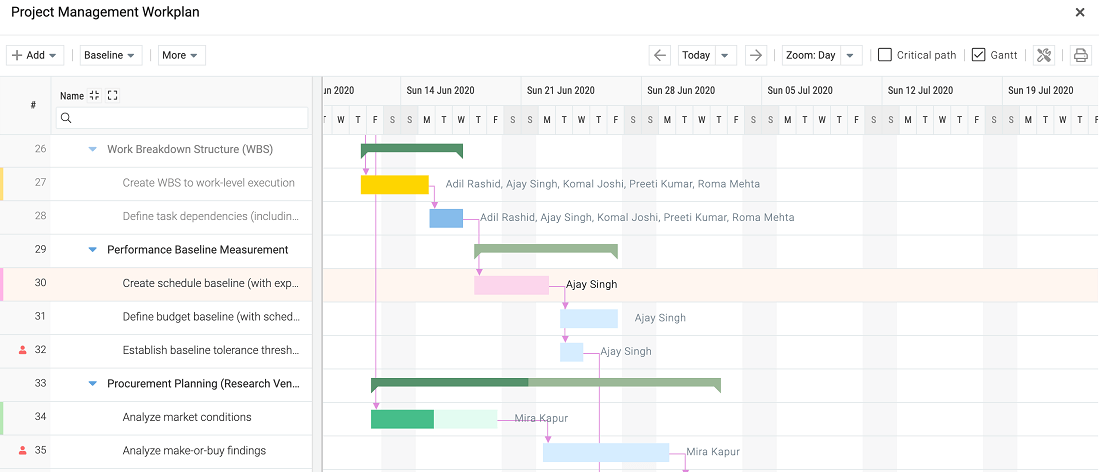
Why I Like It
Celoxis is an all-in-one project management software that helps teams plan and track their portfolios, projects, timesheets, tasks, resources, and risks from one place. It offers cloud-based (SaaS) or on-premise installation options.
It also functions as collaborative software, facilitating project discussions and task conversations. This way, users can stay up-to-date on all conversations in one place.
Celoxis has a unique pricing plan: a pay-per-use model that includes all premium features, even in starter plans. It consists of a Team Member plan, charging $15 per month, and a Manager plan, payable $25 per month.
Most important Service Businesses Features
Project Portfolio Management
Portfolio management tools allow businesses to manage multiple projects, which is beneficial when simultaneously supervising a full portfolio of projects.
Project Tracking
With the project tracking tools, users can track and manage project progress. Gantt charts can be used to view project dependencies.
Budget and Time Tracking
Users can keep track of project financials using the Celoxis budget and time-tracking tools without integrating with third-party apps. They can also run revenue forecasting, cost projects, and track time.
Resource Management
Managers can maximize their resources through resource planning and management tools. This is possible through real-time reporting and easy task allocation.
Pros
- Excellent reporting and analytics tools
- Easy to set up and use
- Highly customizable
Cons
- No free version

Why I Like It
Wrike is project management software that also functions as a collaborative work management tool. It allows users to manage and track projects, tasks, schedules, and other processes in real time.
The platform allows you to store all documents associated with a project within it, and all communication and discussion threads can be found in one place. This allows new team members to get up to speed.
Wrike’s unlimited nesting, tasks, and subtasks make it easy and efficient to manage a portfolio of projects across the business. For this reason, it made it to my list of top CRMs for the service industry.
Wrike has five pricing plans:
- Free: $0
- Team: $9.80
- Business: $24.80
- Enterprise: Contact Sales
- Pinnacle: Contact Sales
Most important Service Businesses Features
Productivity Tracking
The productivity dashboard allows you to track personal progress. It shows what tasks have been assigned to you across all team projects.
Integrations
Wrike offers over 400 integrations with various productivity tools and apps. The plans include some integrations, while others require the Integrate add-on. Some integrations include Google Drive, Dropbox, Slack, Microsoft OneDrive, Airtable, and Tableau.
Dependencies
The task dependency feature is available to all Wrike users. It can be set from both Gantt charts and Table view. Gnatt charts are, however, not available to free users; they can only set dependencies through the Table view.
Pros
- Free version available
- Unlimited users in three of the five plans
- Available in multiple languages
- Unique features for budgeting and capacity planning
Cons
- No public pricing for the top two plans
- Workflow resource management and some other major features are available only for top-tier plans.

Why I Like It
ClickUp is a tool that helps in various business management processes. It can be used as a project management (PM), customer relationship management (CRM), and marketing tool.
As a CRM tool, ClickUp helps businesses to manage customer interactions and sales pipelines. As a PM tool, it helps in task assignments, progress updates, and deadline tracking. As a marketing tool, it helps execute campaigns, manage content calendars, and track the results of these marketing efforts.
ClickUp has four plans. The free plan offers users various features such as whiteboards, collaborative docs, Sprint management, and unlimited tasks. Its three paid plans add features to make it customizable and more suitable for larger or multiple teams.
The paid plans for the Unlimited and Business plans are $7 and $12 per member per month. Users must contact sales to get a custom price for the Enterprise plan.
Most important Service Businesses Features
ClickUp is popular for its comprehensive suite of business management features. It excels as project management software. It can assign tasks, set due dates, and monitor progress.
In addition to task management, it can track goals and monitor individual and team objectives. The document management feature allows users to create, share, and edit documents.
Pros
- Unlimited storage in premium plans
- An impressive suite of features in the free plan
- User-friendly interface
- Great pricing and value for money
Cons
- Limited storage in the free plan

Why I Like It
In my experience, Hub Planner excels as a robust tool for resource management capabilities and detailed reporting features.It offers project management features, including resource scheduling, timesheet comparison, capacity and project planning, and financial management.
The platform provides an integrated solution for capacity planning and team scheduling. Teams can find available members based on custom skill sets, languages, and other defining capabilities.
The pricing varies depending on features and the number of users. It has three plans billed per user per month:
- Basic plan: $7
- Premium plan: $18
- Enterprise plan: Available upon request
Most important Service Businesses Features
Project Templates
It offers a range of project templates that provide a unique balance of structure and adaptability for various project types.
Comprehensive Reporting
Hub Planner offers detailed and customized reporting. This provides users with valuable insights into various aspects of the project.
Detailed Resource Scheduling
Its resource scheduling stands out for its depth and clarity. It offers more detailed insights compared to some competitors.
Pros
- It offers a comprehensive list of reporting tools
- It integrates smoothly with other tools
Cons
- Limited customization options

Why I Like It
Zoho is a brilliant entry-level CRM platform that scales with the growth of your small business. Its free plan is popular among new companies looking for a free way to track leads and manage contacts.
You can always upgrade to a paid plan for more robust features. Moreover, you can unlock several features like tracking customer and contact data and automating marketing. All the plans offer drag-and-drop forms, customization, contact lists, and workflow automation.
Zoho’s most exciting feature is the AI tool, Zia. It is one of the most resourceful parts of the system that offers predictive analysis and spot data you need to spot anomalies based on sales and marketing trends. Sadly, Zia is only available in top-tier plans, and there are no limitations on how you use it.
The Zoho standard plan starts at $12/user/month, while the Professional plan starts at $20/user/month. The Enterprise plan starts at $35/user/month and offers unlimited integrations.
Most important Service Businesses Features
Sales Automation
Zoho offers several automation tools, even for free plans. It helps you generate leads through website, email, and social media forms. Lead scoring saves you time and effort by ensuring contacts go to the right teams. It uses the logic of ‘if this, then that’ to enable several actions like sending an email or making a follow-up phone call.
Collaboration Tools
Feeds is Zoho’s best collaboration feature. It lets you talk about what’s relevant to your team or company. You can also send direct messages and add text or audio notes for specific projects. The tagging feature enables you to create solution tags and keep everything organized.
Mobile App
The mobile application enables your sales team to work even outside of the office by giving them access to contacts. RouteIQ is a feature on the mobile app that lets you organize and keep all prospects you want to meet on time. You can still access your data offline, and any changes made will be committed once you get back online.
Pros
- Easy to use
- Integrated gamification features
- Excellent mobile app
Cons
- Most capable features are only accessible to top-tier plans
- Steep learning curve

Why I Like It
Vtiger provides a range of solutions to small business owners. Its advanced features, such as lead routing and segmentation, allow you to deliver an outstanding sales experience for your potential clients.
It’s loaded with a variety of tools that help you as a business use some of the best CRM features to make your customers happy. Moreover, the user interface is unique and straightforward, making it pretty easy for new users to use.
The pricing structure is as follows:
- Standard from $12/user/month
- Professional from $30/use/month
- Enterprise from $42
Most important Service Businesses Features
Leads and contacts
Vtiger’s Contact feature enables you to manage your contacts smartly for your small business. You can optimize your customer relationships using one view for much more meaningful interactions. Leads are mainly captured through forms on your website, just like other CRMs.
Playbooks
Vtiger helps your team advance deals and keep everything going by automatically creating tasks at each deal stage. By analyzing won and lost deals, Playbooks identify specific tasks and find the best winning pattern in every deal stage.
Process Designer
The Process Designer lets you automate team, cross-department, and management-level actions. Its simple drag-and-drop feature streamlines business processes. Furthermore, you can implement, manage, monitor, and optimize your business processes.
Pros
- Affordable
- Calling, email, and note-taking tools are easily accessible
- Responsive 24/7 customer support
Cons
- It opens up too many tabs and pages
- It is not ideal for businesses with multiple sales pipelines

Why I Like It
Kommo is an excellent CRM for multi-channel sales for small businesses. With a suite of robust features, this system takes sales automation to a whole new level. It prioritizes lead tracking and contact management, aligning with the most essential needs of small and medium-sized businesses.
The platform has an array of features and functionality that cater to the needs of every service business. With affordable pricing options, you are guaranteed to find a plan that works best for you. Below is the pricing structure:
- Base plan – $15/user/month
- Advanced – $25/user/month
- Enterprise $45/user/month
Most important Service Businesses Features
user-friendly interface
Kommo is an excellent app that comes with a pretty intuitive design, which makes it easily accessible for users without technical expertise.
Sales pipeline management
This feature clearly presents your business sales pipeline, helping you track deals and automate frequently occurring tasks in your workspace.
Flexibility and Automation
Kommo can integrate with popular tools like MailChamp, Mandrill, Zendesk, and more. This enables you to do more on one platform by utilizing features from other systems.
Data-driven insights
You can easily generate reports and gain more detailed and actionable insights, which can help you optimize sales and improve performance.
Pros
- Mobile app
- Easy to use
- Excellent customer support
Cons
- Focuses only on small businesses
- No free version

Why I Like It
NetHunt is powerful CRM software that mainly helps you manage your emails. It literally lives inside your Gmail and other Google apps, enabling you to organize contacts and deals. This allows you to build custom pipelines, segment them, and send them to particular clients. Moreover, you can automate the entire process to close deals faster.
I love that the interface is web-based and just a simple extension of the email inbox. It includes details of products or services bought and lists who in the company had previously dealt with the client. It is fully customizable, and you can also track who has opened which email.
The platform offers a free trial period, free support, and free onboarding. The following is the pricing structure for the software.
- Basic plan $24/user/month
- Basic Plus $34
- Business $48
- Business Plus $68
- Advanced $96
Most important Service Businesses Features
Contact management
NetHunt helps you organize and work with your customers efficiently. You can manage your existing customers and find, organize, and nurture new leads for your enterprise.
Task Assignment
With NetHunt, you can keep your team updated and organized with various features, from automatic data entry to sales automation. You can tie every conversation to the customer record to see every client’s request.
Database and Pipeline Management
NetHunt organizes your clients and deals and gives you control over your sales process. Additionally, it provides insights into what works and what doesn’t, allowing you to make informed decisions in every deal.
Pros
- Best with Gmail integration
- Beginner-friendly
- Excellent customer support
Cons
- Syncing with Google can be a little bit confusing at first
- Confusing pricing plans
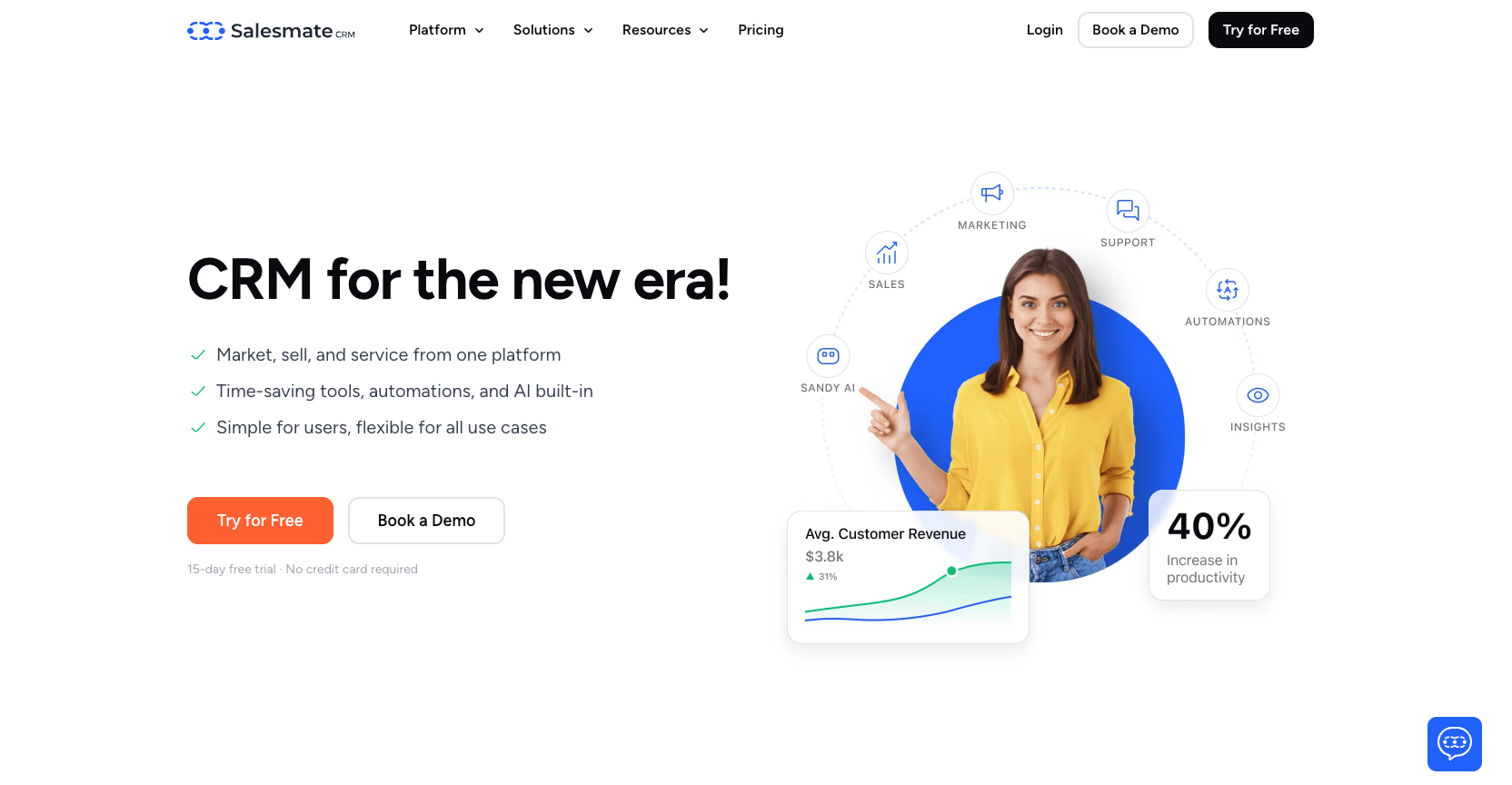
Why I Like It
Salesmate is a good CRM for phone and SMS outreach. It is fully customizable for all your business needs, and you can conveniently convert prospects into leads with targeted texts, emails, and follow-ups.
The platform’s intelligent features, such as sales reporting, automation, and streamlined communication for small businesses, make it special. It is more than a CRM or a work dashboard. It can be described as an all-in-one sales intelligence tool that is easy to set up, maintain, and update with simple features.
The pricing structure starts with a Basic plan for just $23/user/month, then a Pro plan for $39, and a Business plan for $63. The enterprise plan is custom and depends on your company’s size.
Most important Service Businesses Features
Mobile CRM
Salesmate makes everything easy by allowing you to quickly take action and stay on top of your business with a convenient mobile app. The app gives you access to customer data, sales pipeline, deals, and other important features.
Smart emails
This feature allows you to create, personalize, automate, and deliver emails that connect with your customers.
Text messaging
With automated messages, you get direct attention and deeper engagement from leads and customers through personalized text messages and a campaign with Salesmate.
Pros
- User-friendly
- Highly affordable
- 24/7 technical support
- Excellent customization
Cons
- Limited to some integrations
Considerations for Small Service Businesses vs. Large Businesses
Several factors need to be considered when selecting the best CRM software for your business. Begin your selection by considering your company’s obstacles and why the current solution isn’t working. Most often, small or start-up businesses choose CRM software mainly to replace a spreadsheet and better manage increasing customer data. A CRM can help you improve everything from customer service activities to sales management.
In addition, you need to consider the cost, customization, and scalability options for the specific CRM. If you’re a small business, you should consider software that is not expensive and can still meet your business objectives. Established companies need more features to work on their big data; therefore, they require software that can handle that. Salesforce is an excellent example of a CRM with helpful features for big businesses.
The best CRM system for your business should be able to track lead and customer interactions. If you need a specialized solution, depending on your customer base, it’s wise to get a software solution that complies with your unique needs.
Conclusion
Encouraging your employees to navigate the knowledge bases and trial software is good. Compare the differences between plans to find what really works for you and fits your budget. This article can guide you when looking for new CRM software. I recommend checking each of the listed systems to see if they meet all the requirements you want.
FAQ
-
1) What is the Best CRM for a Home Service Business?Overall, Smartsheet is the best and most secure system for small service businesses. This guide also includes several other secure CRM systems for your business
-
2) How is CRM used in the service industry?The service industry uses CRM to automate standard daily tasks, view the status of services, customer relationship management, and much more.
-
3) What should I consider when implementing a CRM system?When you want to implement CRM software, your goals and processes should always come to mind; then, you can start researching CRMS.
-
4) What are the most common features to look out for when selecting a CRM?Some of the best features to consider are sales automation and reporting, AI capabilities, Integrations, and user interface.






-150x102.png)




